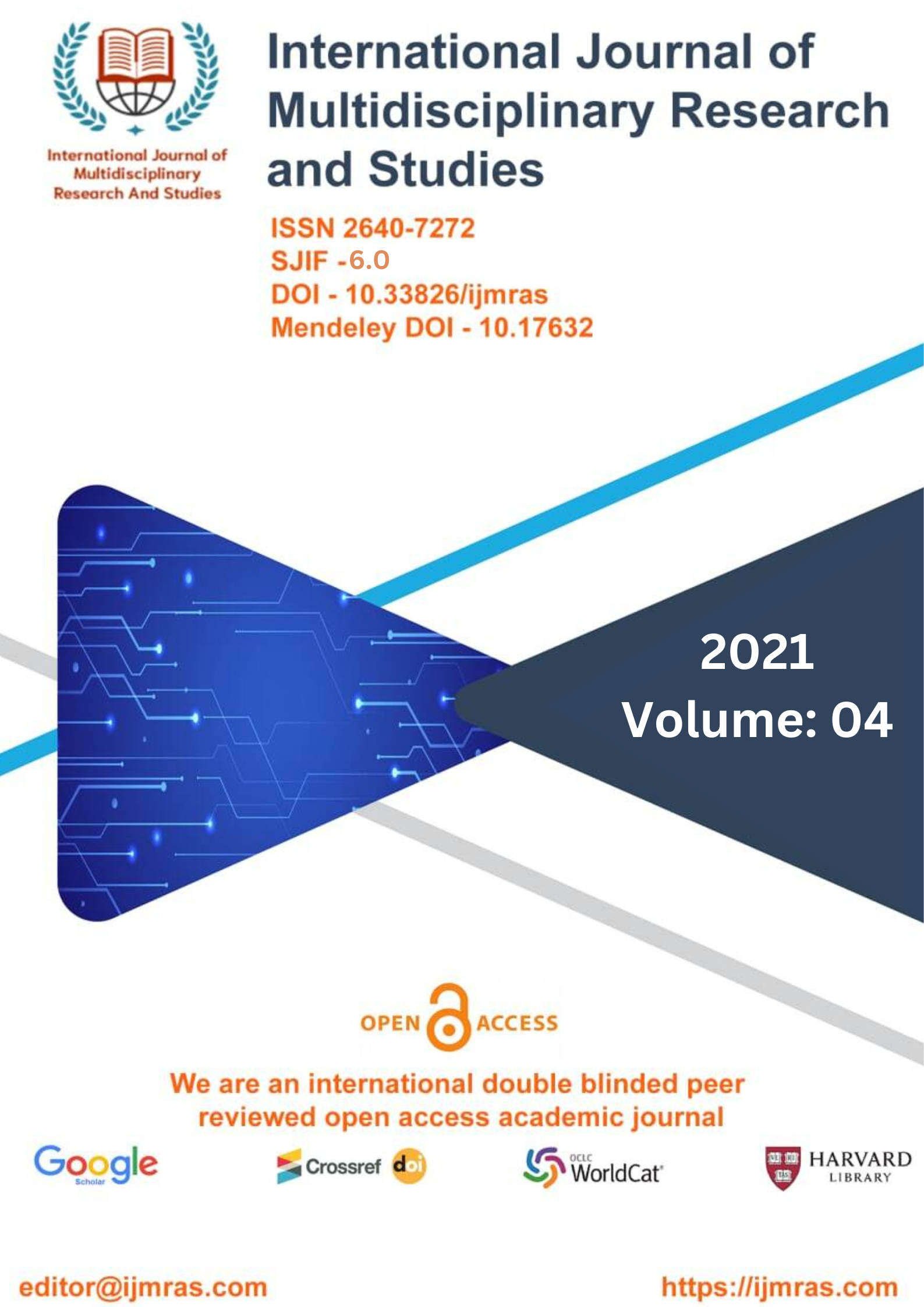TASLIMA NASREEN'S PROTEST THEME

Abstract
Taslima Nasrin's Lajja is her magnum work; in it, she tackles a wide range of challenges that Bangladeshi nationalism is confronted with in the present day. The connection that has been made between religious identification and national identity has resulted in the formation of the postulate that everyone who is not a Muslim is an adversary, an alien, and someone who does not belong in Bangladesh. This has resulted in the growing isolation of the inhabitants of the Hindu minority from the cultural landscape in Bangladesh, preventing them from enjoying any advantage that comes with being a citizen of that country. As shown by the Dutta family in the film "Lajja," the Hindu populace is devastated when faced with the shocking reality of being ostracised by an ethnic group due to religious beliefs. Taslima Nasreen is a writer, feminist human rights activist, and secular humanist who hails from Bangladesh and writes in Bengali. She was raised in a Muslim household from the middle class in the north of Bangladesh in 1962, and she obtained a liberal education. She began her career as a physician in the less developed regions of her nation when she was 23 years old and had just become a doctor. When she first came to the notice of Westerners, she had already established herself as a prolific writer for many journals.
Keywords
Protest, Theme, identification, journalsHow to Cite
References
Martin, Michael. The Cambridge Companion to Atheism. Cambridge University Press. 2006.
Nagel, Ernest, Philosophical Concepts of Atheism. Basic Beliefs: The Religious Philosophies of Mankind. Reprinted in
Critiques of God, edited by Peter A. Angeles, Prometheus Books, 1997.
Dawkins, Richard. The God Delusion, Mariner Book Houghton Mifflin Company, Boston, 2006 Nasrin, Taslima, All about Women, Rupa & Company, New Delhi, 2005.
Dwikhandit, Trans. Susil Gupta, Vani Prakashan, New Delhi, 2004.
French Lover, Trans. Sreejata Guha, Penguine Books Ltd., New Delhi, 2002.
Homecoming, Trans. Rani Ray, Srishti Publishers and Distributors, New Delhi, 2005.
Love Poems of Taslima Nasrin, Trans. Ashim Chowdhaury, Rupa and Company, New Delhi, 2005.
Lajja, Trans. Tutul Gupta, Penguine Books India Ltd., New Delhi, 1994.
My Girlhood, Trans. Gopa Majumdar, Kali for Women, New Delhi, 2001.
Selected Columns, Trans. Debjani Sengupta, Srishti Publishers and Distributors, New Delhi, 2004.
The Game in Reverse: Poems, Trans. Carolyne Wright, George Braziller, New York, 1995.
Wild Wind, My Stormy Youth: An Autobiography, Trans. Nandini Guha, Srishti Publishers and Distributors, New Delhi, 2006.
Shelly, P.B. The Necessity of Atheism, Indian Atheist Publishers, New Delhi, The 1986. Smith, Warren, Celebrities in Hell, New York: Barricade Books, 2002.
Singh, Gian. Dr. Ambedkar and Humanism, Bheem Patrika Publications, Jalandhar, 1989. Singh, Bhagat. Why I am an Atheist, Indian Atheist Publishers, New Delhi, 1989.
The Encyclopedia of Philosophy, Vol.4 New York: The Macmillan, 1967.
The Cambridge Dictionary of Philosophy, Second Edition. Cambridge University Press, 1999.
Asghar Aliengineer, Lifting the veil, Bombay: Sangam Books Ltd, 1995, ch. 1, pp. 24 – 27.
Samuel Huntington, Who Are We, UK: Simon & Schuster UK Ltd, 2004, ch 5, pp. 87 – 94.
Ronald Johnstone, Religion in society, U.S.A.: Pearson Education Inc, 2007, ch 2, pp. 13 – 42.
License
Copyright (c) 2021 Shyam Narayan Singh

This work is licensed under a Creative Commons Attribution 4.0 International License.
Individual articles are published Open Access under the Creative Commons Licence: CC-BY 4.0.




